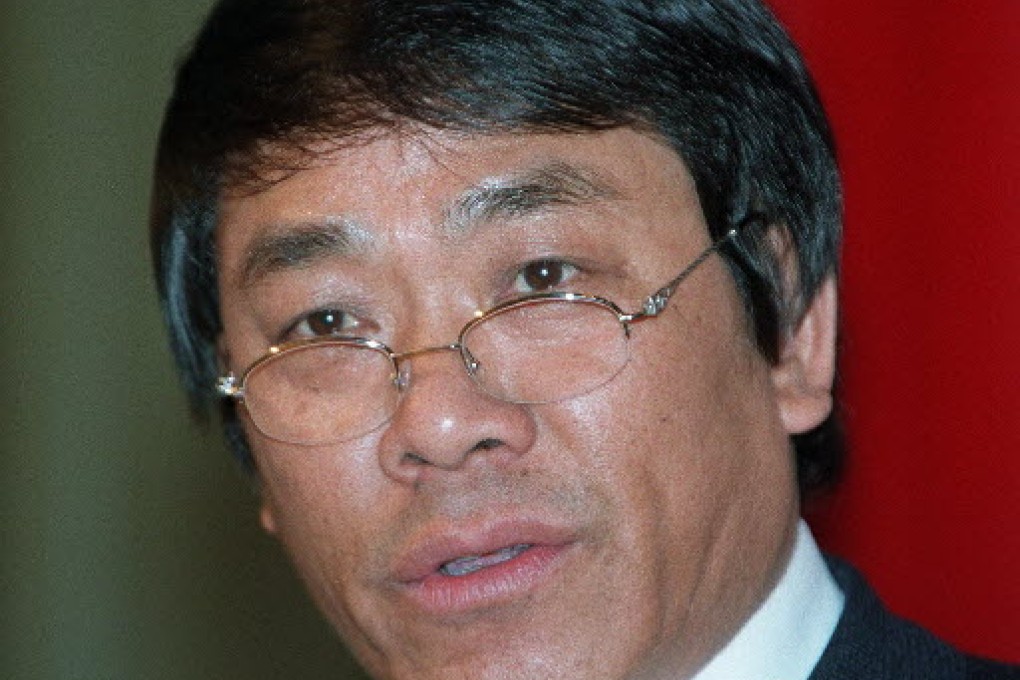Opinion | Connections still the best asset in shutting out the liquidator
Stonewalling by Fujian officials, judges and bankers ensures HK efforts to recoup money from Yeung Chung-lung will be mission impossible

More than 30 mainland companies have filed for liquidation or stayed in prolonged share suspension due to fraud or financial irregularities in the past five years. Not much has happened to their owners.
A look at Fujian will tell you why. From this southern province come eight of these companies in limbo. Here, a complicated guanxi web among businessmen, government officials, bankers and judges turns the regulatory regime into a joke.
The liquidation of First Natural Foods (FNF), a frozen food processor, is a classic. Back in 2008, the company was the darling of fund managers. It is a private enterprise - and has a decade-long track record. Its major shareholder Yeung Chung-lung has official recognition, being a member of the Chinese People's Political Consultative Conference Fuqing Committee.
Three international funds spent tens of million dollars buying a stake. Banks loaned it 200 million yuan (HK$251.6 million). A Hong Kong broker lent Yeung HK$60 million and took his stake as collateral.
On December 17, 2008, Yeung disappeared from the company's radar. So did his son and executive director Yang Le.
A provisional liquidator was appointed to recoup its prime asset - the frozen food processing factory in Fujian and 792 million yuan cash in banks. Yet, all doors were slammed on him.
